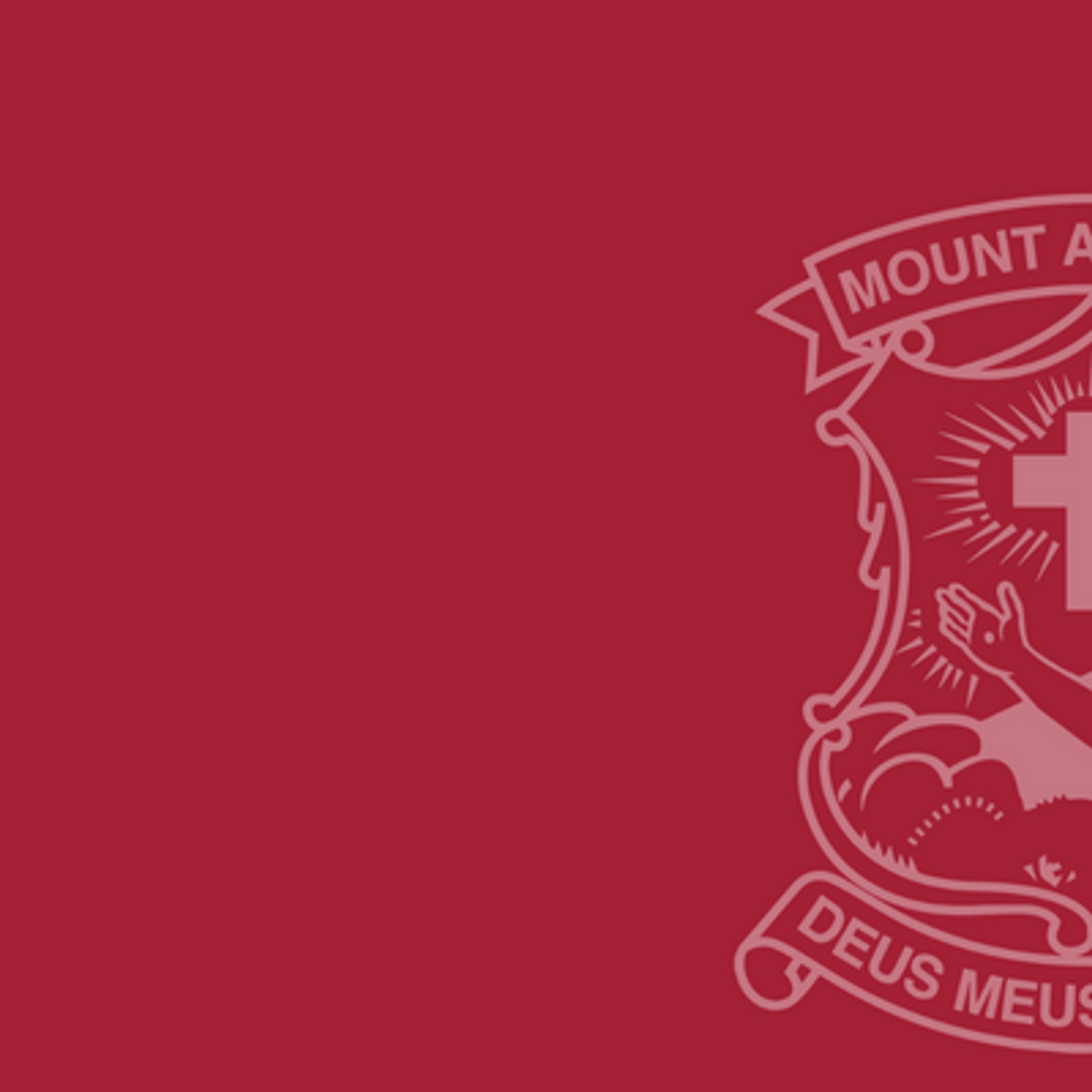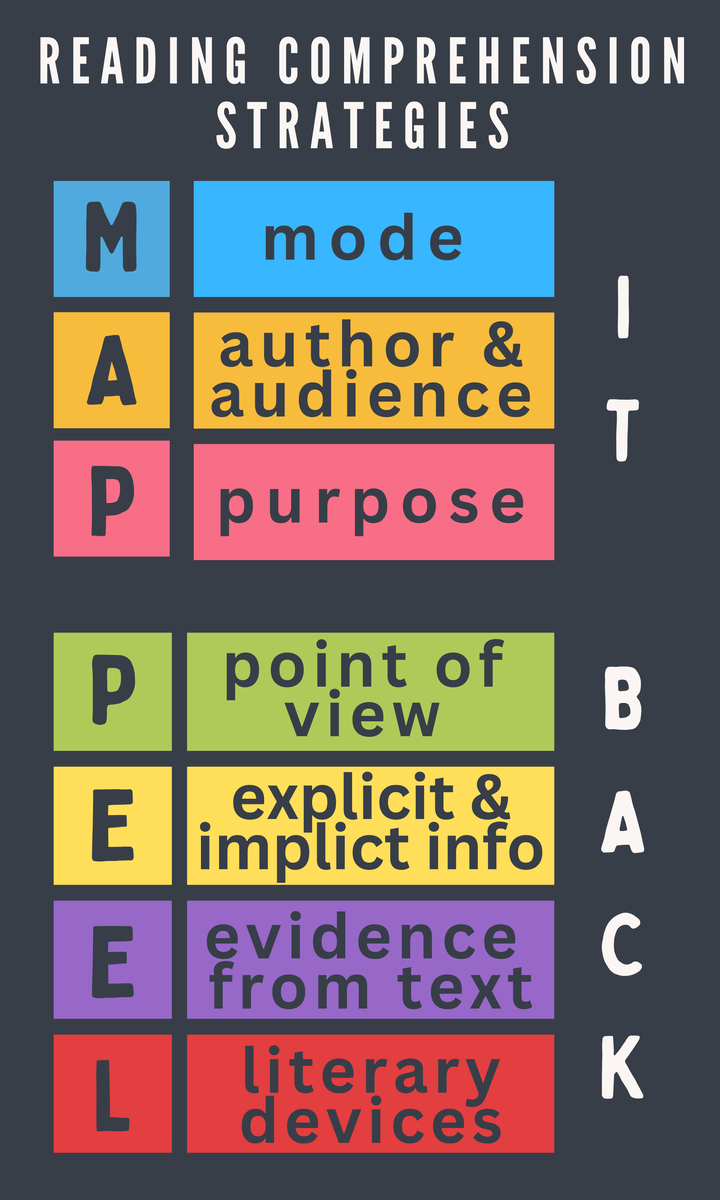Building Solid Foundations
Spotlight on Religious Education, Languages and Literacy and Humanities

Building Solid Foundations
Spotlight on Religious Education, Languages and Literacy and Humanities






Building a Solid Foundation: High Impact Literacy Teaching
Our Franciscan Graduate Vision for students at mount Alvernia college is that they will become students who are highly literate and numerate, who know how to learn and who are committed to ongoing improvement. These skills are not just short term skills but skills that will serve our students in life beyond school.
Cross-departmental Coherence
Literacy is a fundamental touchstone of this vision and as the saying goes this is only happens when all teachers recognise that they are literacy teachers. At Mount Alvernia we recognise the need for cross-departmental coherence in the literacy space and that is why the English, Humanities and Religion Faculties have come together to ensure high impact literacy teaching takes place with a focus on developing coherence, particularly in the middle years across 7-9.
Data Informed Strategy
One of the key aspects of our approach to high impact literacy teaching is the use of a data-informed strategy. By analysing student data and identifying areas for improvement, we are able to tailor our teaching methods to meet the specific needs of each student. This targeted approach allows us to provide the necessary support for students to excel in their literacy skills.


Collective Comprehension Strategies
To enhance our students' literacy skills, the faculties have implemented collective comprehension strategies, MAP IT and PEEL BACK. By teaching students how to use these strategies to effectively analyse and understand various texts, we are equipping them with the tools they need to excel in all areas of their academic life. Having these strategies reinforced across the faculty landscape brings consistency for students and the ability to transfer knowledge and skills between subjects. Ultimately, these strategies are not only beneficial for English classes, but also for other subjects that require strong reading comprehension skills.
Department Specific Focuses
In addition to the Literacy programs undertaken in English in term 1 in Year 7 and 9, and Term 3 and 4 in Year 8, each department compliments this with department specific focuses that compliment the foundational literacy skills.
Religion
Within the religion department, we have been focusing on delving into comprehending texts. Interestingly, what makes Religious Education unique in this regard is that the texts students have to engage with are more often than not:
With these things in mind, the RE department has been working on modelling how students can engage in these texts and still comprehend the relevant information to make connections to concepts, understanding, and application of these texts.
In Year 7, students have been exposed to a number of different text types, which offer great opportunities to build inference and implicit comprehension skills. By showcasing the ways parables, metaphorical tales of Saint Francis, and Biblical scripture can say one thing but really mean something else, students have begun to build their capacity to think deeply about what religious texts are trying to convey to audiences.
Within Years 8 and 9, RE students have again built on their foundational knowledge by comprehending how ancient texts can be applied to recontextualised media or real world situations. Understanding symbolism in particular has been a large focus within reading comprehension for these year levels, and teachers have guided students to ensure they are forming relevant connections to create meaning of the texts.
In tandem with the skills students are building across the English and Humanities classes, the students of Mount Alvernia as being exposed to a great number of text types and comprehension strategies which will no doubt allow them to flourish within their studies.
Humanities
One of the ways in which Humanities is supporting literacy across the curriculum is thorough the development of discipline-specific literacy quizzes. These are designed as multi-choice quizzes to supplement NAPLAN preparation, using discipline specific content (i.e. geography or history content). Preparation is about students understanding the nature of multichoice questions, how they are designed, careful reading, looking for cues and clues. The most valuable learnings for students (and teachers) is through reviewing student responses after the quiz – looking at strategies the students may use to help them eliminate the wrong answer, as well as strategies for choosing the most appropriate answer.
In many instances the quiz may identify some issues a student may be experiencing e.g. a problem in understanding of how language is used, reading for meaning, explicit and implicit meanings and inference. By having a coherent and shared approach to literacy across the curriculum, the English, Religion and Humanities and Commerce Faculties are contributing to improved literacy of our students.
Benefits for Students
The benefits of high impact literacy teaching extend far beyond the classroom. By equipping our students with strong literacy skills, we are setting them up for success in all areas of their lives. Whether they are preparing for exams, writing essays, or simply reading for pleasure, our students are able to approach these tasks with confidence and skill.
As we continue to focus on high impact literacy teaching, we are excited to see the positive impact it has on our students. By building cross-department coherence and utilising data-informed strategies, we are confident that our students will be well-prepared for whatever challenges they may face in the future.
We are proud of the work being done by the English, Religion, and Humanities faculties to improve literacy outcomes for our students. By working together and focusing on high impact teaching strategies, we are creating a strong foundation for our students to build upon. Together, we can help our students embody the Franciscan Graduate Vision in a truly meaningful way.
Written by:
Head of Faculty - Religious Education
Sophie Harrison
Head of Faculty - Humanities & Commerce
Amanda Bopf
Head of Faculty - Languages & Literacy
Elizabeth Sims